The third (and not final) installment of the Hunger games book-trilogy will arrive in cinemas this week!
And the stakes couldn’t be higher. After the events in Catching Fire a full scale rebellion has broken out, which is turning Katniss Everdeen (Jennifer Lawrence) into the symbol of said revolution – the titular Mockingjay.
While The Hunger Games left me quite unimpressed Catching Fire turned me into a total fan of this Young Adult series. Yet despite my optimism for the future installment(s) I kept hearing what seemed to be the general consensus:
That Mockingjay was by far the worst of the three Hunger Games books and that it was a complete letdown for fans of the series.
So there I was: excited for a new movie which was already touted as a big letdown by the readers. Did this mean that Hunger Games was already past his prime right when I started to get into the fun? Ready for the inevitable disappointment I got my hands on a copy of the final book Mockingjay so that I could judge for myself if I should stop being excited for the series.
Having finished the book within a few days I was confident in two things:
- That splitting Mockingjay into two parts can be done without it feeling unnecessary (although it could easily be done in one movie).
- That Mockingjay was infact my favorite of the three stories.
So I thought it was about time to make a stand for a book which in my eyes has a quite undeserved reputation. A book which in my mind completely transcends the first two installments and transforms a quite good series into a very mature anti-war drama which avoids a surprising amount of clichés.
Note:
This is the first of two articles and intends to sway people who might not be 100% on the Hunger Games train yet.
The second one will be more spoilery as it deals with the splitting of Mockingjay into two parts and will therefore reference story elements from the books which have not yet been adapted.
Young Adult, Young Adult… terrifying anti-war drama
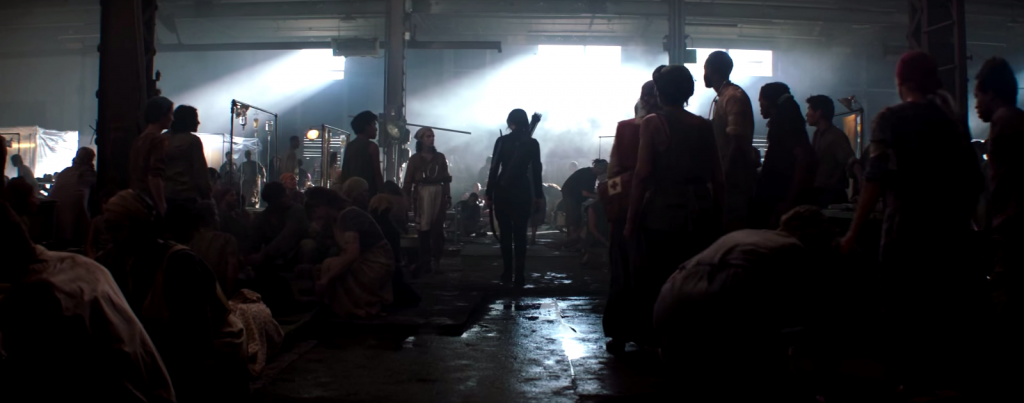
Catching Fire was a very interesting project because it had to retread the first movie’s plot points (reaping, interviews, new dresses, the arena fight) and inject some creativity into those otherwise redundant scenes. Mockingjay abandons this structure for the most part. The characters are no longer a playing within the rules of the capitol. A full blown war has started and Katniss is now right in the middle of it: District 13 – a former district which was thought to be destroyed but it turns out that this district is alive and kicking and leading the rebellion.
This District 13 – which is only hinted at in the previous movie – alone represents a completely new dynamic and world which begs exploring. Who are those people and what are their plans? With an entire new world ready to explored we will be as unsure as Katniss about the intentions of District 13’s leader Alma Coin (Julianne Moore) and if that weren’t enough, we can be safe to assume that the Capitol won’t be just sitting and doing nothing as the propaganda spots for the movie’s marketing are already showing:
A good sequel uses the original’s flaws for its own advantage
Catching Fire did a really good job of riling up the audience against the Capitol. The movie presents a very one-dimensional “us vs. them” revolution story. This works for the confines of the story seeing as most of the movie is Katniss starting to rebel against the Capitol.
Still, one can criticize the movie when it comes to the visual metaphors of fashion. I would like to illustrate this criticism using Katniss’s wedding dress:
When Katniss is interviewed she is wearing a white dress which sold to the show’s audience as the dress she would have worn for her wedding with Peeta. We can clearly see Katniss’s disgust because she has to wear this fake dress which is nothing more than a manipulative image to cater towards the audience’s sympathies.
Yet at the end of the sequence when it goes up in flames and reveals an inspiring Mockingjay dress. The music, the acting and the entire framing of the scene shouts at us how great this moment is. This is the middle finger to President Snow, this is the rebellion, this is something good!
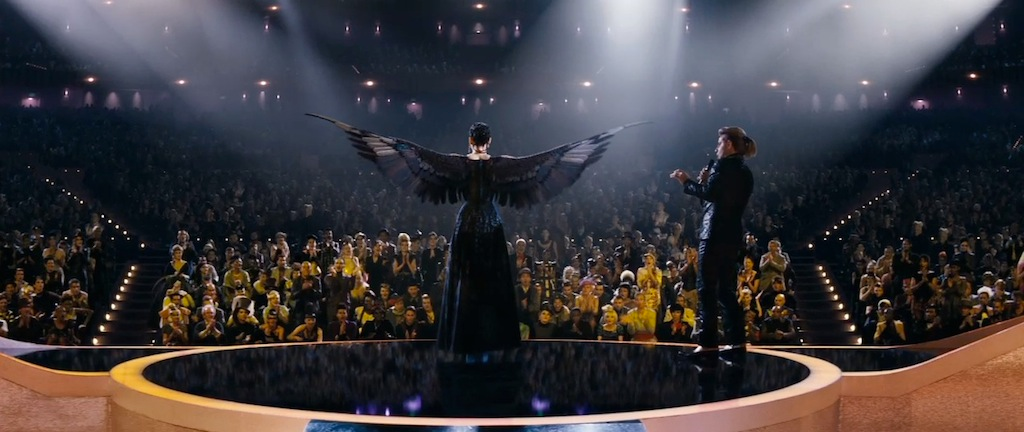
But if we look past what the movie is suggesting, then Katniss has just swapped one image of manipulation for another one and the Mockingjay dress is as much a lie as the dress for a fake wedding…
So if we were to criticize Catching Fire we could say that Katniss is not grasping the scope of the manipulation and that we don’t really know if this rebellion is as noble as it is painted. This can either become a flaw of the entire series… or an amazing story opportunity.
The bad, the worse and the terrible
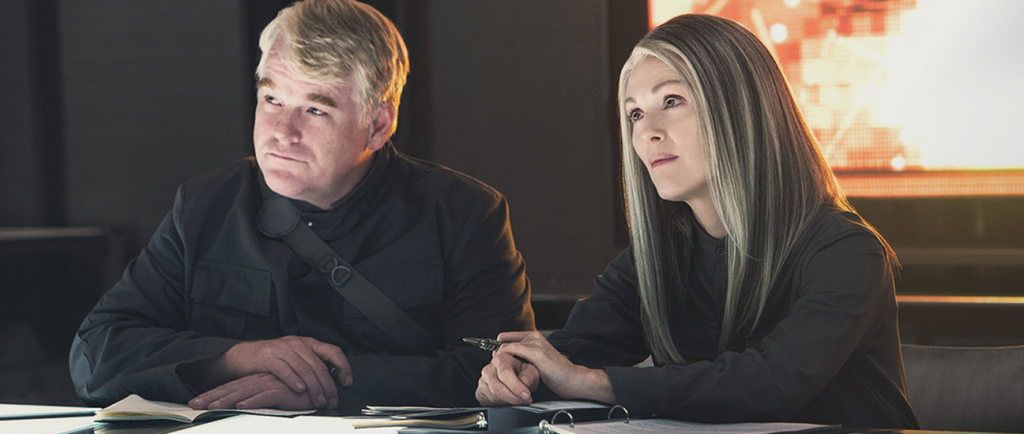
District 13 is the underdog which is fighting the evil Capitol. There is no question who is morally “right” from the dramatic structure presented in Catching Fire. And most revolutionary movies – especially big blockbuster interpretations – glance over the fact that there are war crimes committed on either side and that no war which has ever been fought has been a clean one.
Yet Mockingjay decides to make this the focal spot of the final act in this big three (or four) act story. While the setting of District 13 is different we are learning very quickly that the same manipulations are going on. That Katniss has to lie and fake as much to uphold the troop morale of the revolution. It can already be seen in the posters and viral trailers where the Mockingjay is the symbol and the message “the mockinjay lives” is telegraphed as a message of freedom and joy.
But behind those noble images hides a grim reality and I would be very surprised if the accusations of naïve propaganda will be brought up after this series is done. Mockingjay has the ideal position of inverting our expectations. Of using the adrenaline rush the audience feels at the end of part 2 to throw us into the cold water and have us see the war for what it really is.
It is by far the greatest strength of this series. It is a book trilogy which starts as a straightforward Young Adult series with love triangles, evil villains and a flavor of social satire… only to then turn the tables and go into a direction that few of the readers or the audience will be expecting.
Before I head to my final point I would like to put in an extra point which further highlights the deviation from generic Young Adult story structures:
No destiny or prophecy
This might constitute a minor spoiler, but it is one of the best things I found in this third book: there is no greater plan for why Katniss became the Mockingjay and with it the symbol of rebellion. Katniss is just another random character who by her choices became essential for the story.
This is a major, major point in a movie landscape where lazy scriptwriting always contrives a way for the character to be important without him/her actually doing anything. This can range to secret parentage (The Amazing Spider-Man 2, Guardians of the Galaxy) to plain “she has special powers nobody else has” (Twilight, Lost) but no matter how it is executed it leaves behind a taste of generic storytelling – as if the author couldn’t figure out an actual reason why this character was the main character of the story. With Katniss it is the complete opposite. There is no previous connection between her and the rebellion.
An inevitable connection with Katniss’s father and the rebellion against President Snow was something I dreaded since I saw footage in the first Hunger Games movie where Katniss’s father died in a coal mine accident.
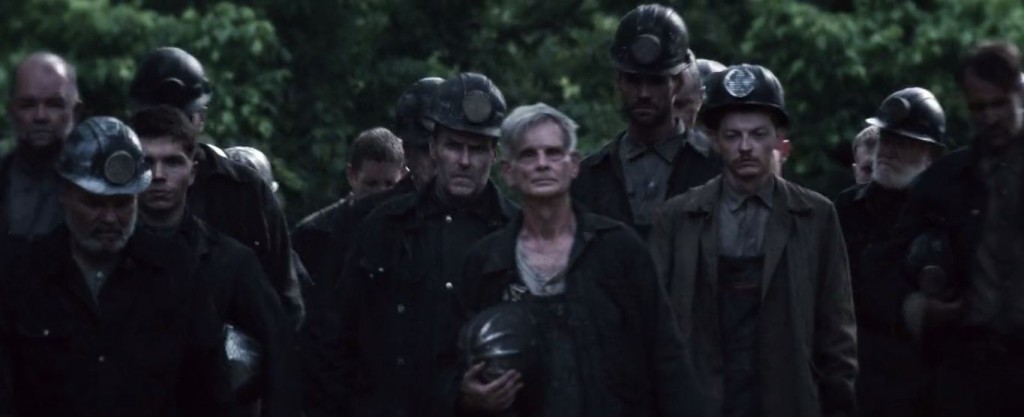
I kept thinking “there is no way this was some random accident if they went through the trouble of including this into the film”. Surely there had to be a higher purpose. And with District 13 becoming more prominent in Catching Fire it seemed more and more likely that this accident was nothing more than President Snow killing some rebels who cooperated with District 13. Maybe they would even go as far as making Mr. Everdeen the then-leader of the rebellion so that Katniss could now fulfill his destiny…
Nope, none of the above.
The mine accident is exactly that: an accident. Which doesn’t mean it is a pointless anecdote that didn’t translate well onto screen. There will be an important plot point in part 4 where this very accident will shape the decisions of Katniss and her future path. But there is no greater destiny-value to the accident itself. No legacy of Katniss, no secret genetic links to an ancient dynasty of peacekeepers, no big conspiracy about her father or anything else.
If you think this has a happy ending you haven’t been paying attention”
– Ramsay Snow (Game of Thrones)
Nothing is as it seems in Mockingjay and friendly faces will mask vicious monsters. It is a chaotic depiction of the ugly sides of war and revolutions and transcends the original two installments because it is not afraid to look at the consequences.
Because of this I believe that Mockingjay is indeed the strongest of the three stories. It is not afraid to go bleak and it also offers a lot of surprising deviations from conventional story structures. The lack of destiny mentioned above being one of the smaller ones.
A lot of the criticism I have read seems to stem from fan anticipation and from characters not getting their due or ending in a very undignified way. But all these things are what make Mockingjay into the most audacious of the three books. The criticisms I read remind me of people who don’t like the fact that a character in Game of Thrones gets killed of even though he is the most noble/honest of the characters.
Mockingjay presents a bleak and uncompromising world which doesn’t care about the fact that the main character of the book is Katniss Everdeen. It is a chaotic tale of a woman trying to stand her ground in this maelstrom of bad things and it leaves you with a sense of disillusionment. This is not a book like Harry Potter and the Deathly Hallows which was written in a way to please as many fans as possible. Instead it is a vision of one author who chased her goals until the end and didn’t care for the reaction of upset fans.
Still I firmly believe that the negative reaction from bookreaders upon reading this book will happen inversely with movie watchers who are still looking down onto this series.
Because after this (these) last installment(s) the Hunger Games series will have earned its placed among some of the boldest franchises. The only possible way to screw up this story would be to make a test-screened rewrite of the movies to give Mockingjay Part 2 the fake happy ending that Harry Potter had in order to instantly please the audience.
If they stick to what they have the initial audience reaction might be similar to the bookreaders…. But after a few years have passed people will be able to appreciate the entire series for what it set out to achieve and the uncompromising way it did.
Thanks for reading!
I hope I will get around to write a second piece detailing the split into two movies.
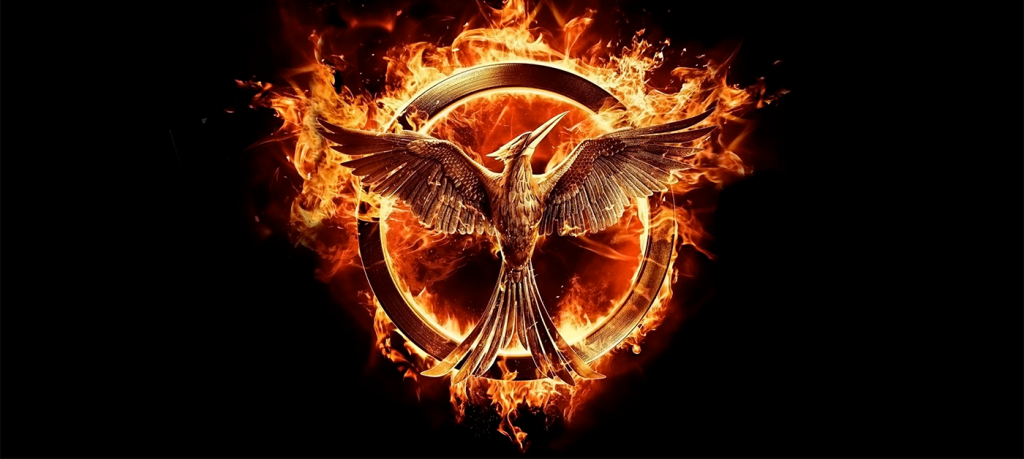
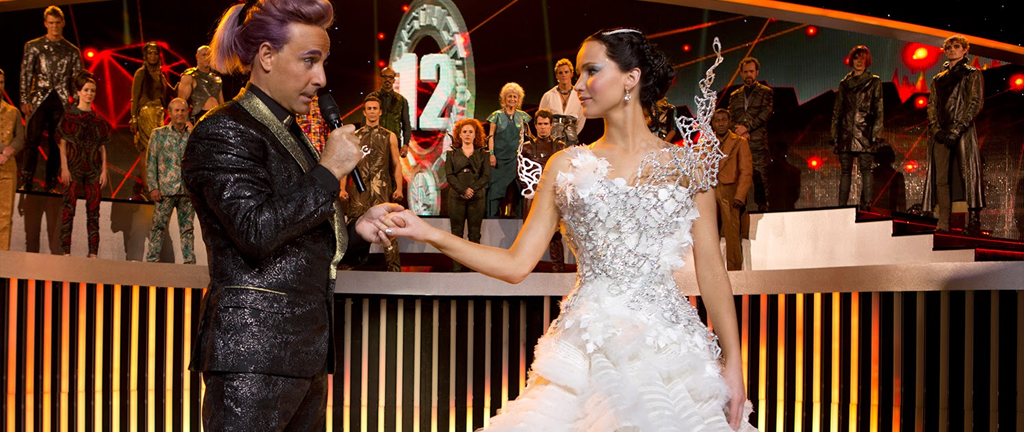
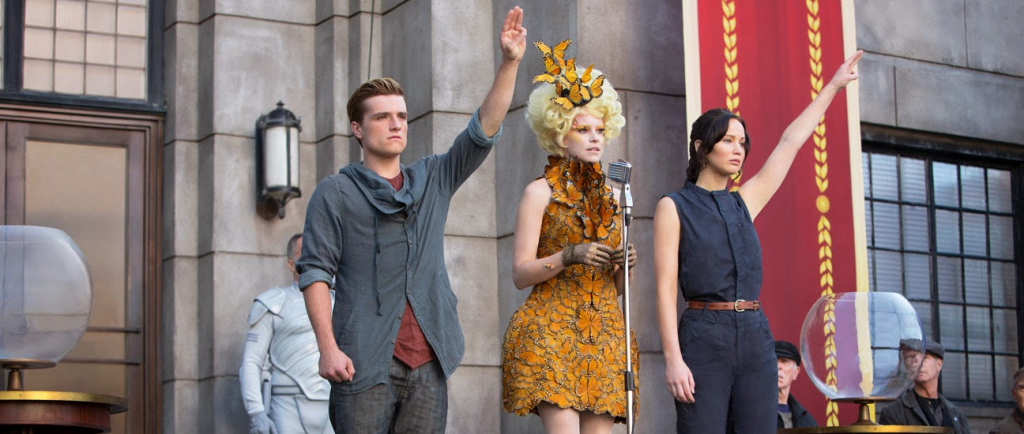
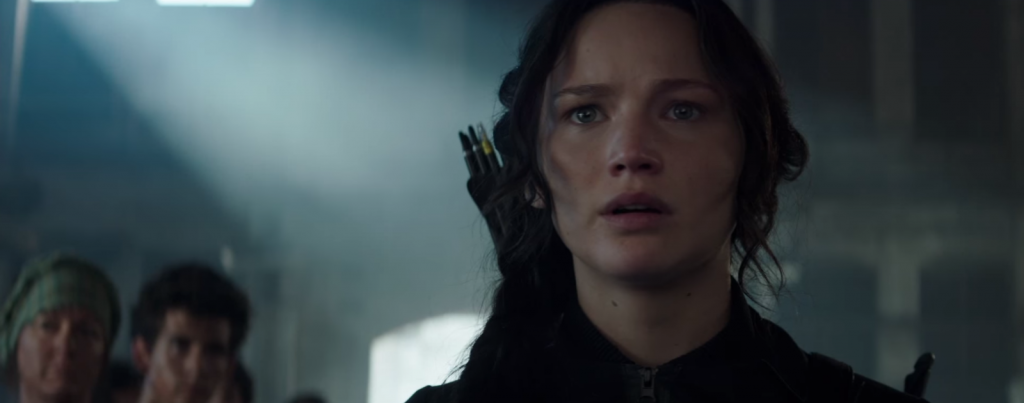
Schreibe den ersten Kommentar